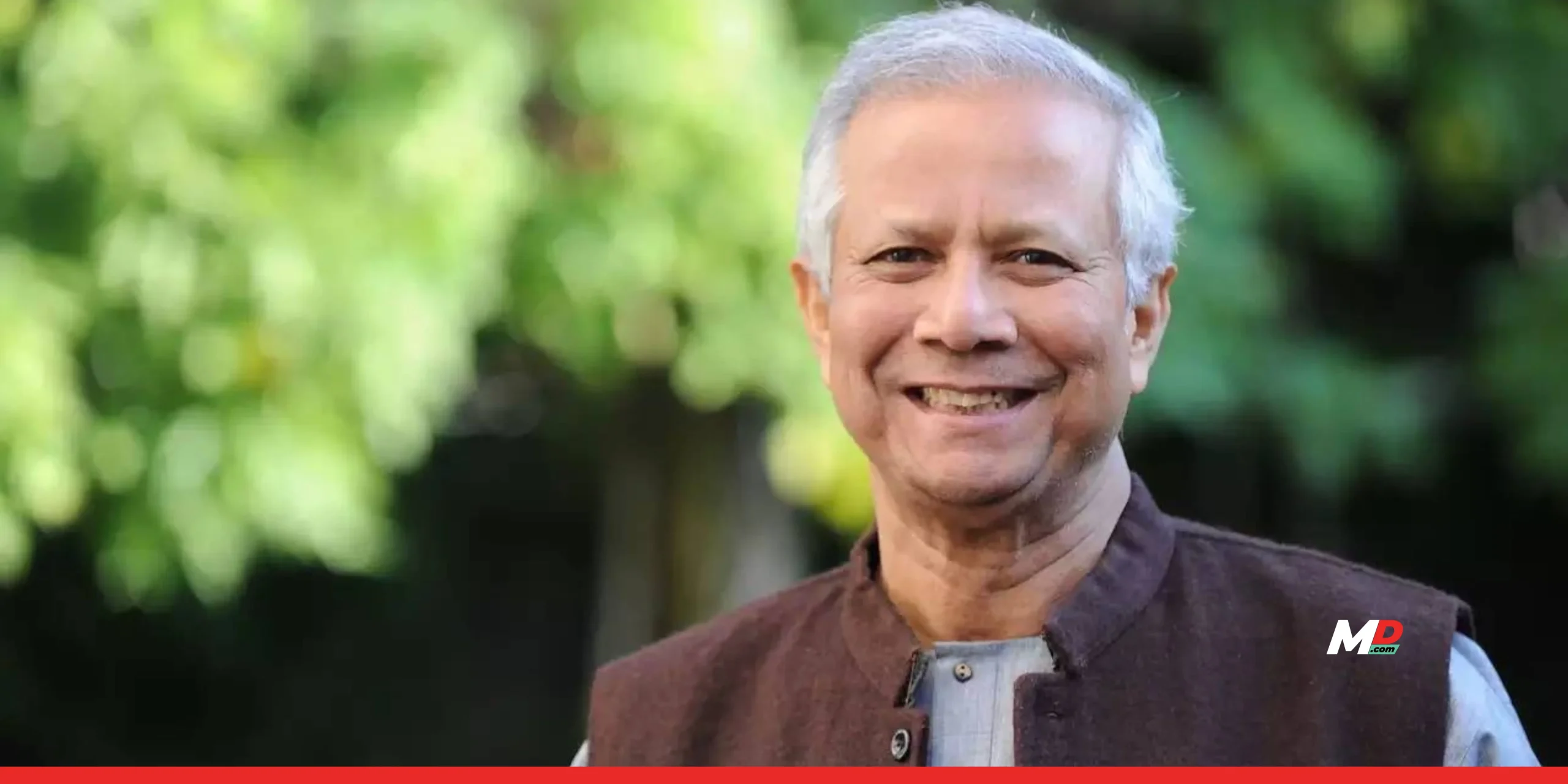Politics
Nobel Laureate Muhammad Yunus takes the helm of Bangladesh’s interim Government amid turbulent uprising

Bangladesh has found itself at the center of a political maelstrom that has led to the resignation of long-time Prime Minister Sheikh Hasina. Amidst the chaos and unrest that has gripped the nation, a new leader has emerged to guide Bangladesh through this tumultuous period – Nobel Laureate Muhammad Yunus.
The backdrop: Bangladesh’s turbulent political landscape
The protests that have rocked Bangladesh in recent months have their roots in a series of grievances that have been simmering for years. From the student-led demonstrations over job quota systems to the wider calls for Hasina’s resignation, the country has been gripped by a groundswell of discontent that has culminated in a full-blown uprising. The violence that has ensued, with hundreds of lives lost, has pushed Bangladesh to the brink of chaos, setting the stage for a dramatic shift in power.
As the protests escalated and the military’s support for Hasina’s government wavered, the long-serving prime minister found herself with no choice but to flee the country. In a hasty exit, Hasina departed Bangladesh by helicopter, leaving behind a power vacuum that needed to be filled. Her departure marked a significant milestone in the country’s tumultuous political history, setting the stage for a new era of leadership.
The emergence of Muhammad Yunus as interim leader
Amidst the chaos, a familiar face has emerged to guide Bangladesh through this critical juncture – Nobel Laureate Muhammad Yunus. Renowned for his pioneering work in the field of microfinance and his unwavering commitment to poverty alleviation, Yunus has long been a thorn in the side of the Hasina government, facing corruption charges that he has dismissed as politically motivated.
Yunus’ credentials as a respected economist and banker, coupled with his Nobel Peace Prize-winning achievements, have made him a natural choice to lead the interim government. His work with the Grameen Bank, which he founded in 1983, has been hailed as a transformative force in Bangladesh, lifting thousands out of poverty through innovative microcredit initiatives. Yunus’ reputation as a champion of the people and a fierce critic of the status quo has only added to his appeal as a potential saviour for the nation.
As Yunus takes the helm of the interim government, he faces the daunting task of restoring stability and order to a country in turmoil. The interim administration, which will be tasked with organizing new elections, will need to navigate a delicate political landscape and address the root causes of the unrest that have led to Hasina’s downfall.
Challenges ahead for the interim Government
The path forward for Yunus and his interim government will be fraught with challenges. From quelling the ongoing protests and restoring public trust to addressing the economic and social issues that have fueled the discontent, the new leadership will have its work cut out. The demands of the protesters, who have called for a more inclusive and representative government, will also need to be carefully balanced with the realities of governing in a volatile political climate.
The military’s decision to withdraw support for Hasina’s government has been a pivotal factor in the transition of power. The army’s refusal to enforce the curfew imposed by the former prime minister, and its subsequent meeting with the generals, have been instrumental in paving the way for Yunus’ ascension. As the interim government takes shape, the military’s continued cooperation and support will be crucial in maintaining stability and ensuring a smooth transition to new elections.
As the interim government takes shape, the nation’s attention will turn to the critical task of organizing new elections. Yunus and his team will be under immense pressure to ensure a fair and transparent process that addresses the root causes of the unrest and paves the way for a peaceful transfer of power. The success or failure of this interim administration will have far-reaching implications for Bangladesh’s future, both domestically and on the global stage.
Yunus’ leadership and vision offer the promise of a new chapter – one that could potentially chart a course towards greater stability, economic prosperity, and a more inclusive, representative democracy. The world watches with bated breath as Bangladesh embarks on this uncertain, yet potentially transformative, journey.














